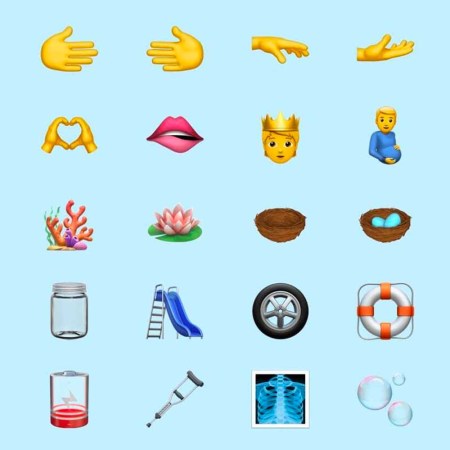Following a June update, the Oxford English Dictionary now includes almost 700 new words, senses, and sub-entries, including 200 new and revised entries from East African English.
Among the new entries soysage, cringe factor, sportswashing (which is certainly relevant in 2022) and sharenting. Their definitions:
Soysage: “A type of vegetarian (now typically vegan) sausage made with soy protein instead of meat.”
Cringe factor: “an element or aspect of a situation, event, etc., that causes a person to cringe with acute embarrassment or awkwardness.”
Sportswashing: “The use of sport or a sporting event to promote a positive public image for a sponsor or host (typically a government or commercial organization)…”
Sharenting: “The action or practice of sharing news, images, or videos of one’s children on social media websites.” Plus one more sense…Sharesies: “In childish or playful language: the action of sharing something with another or others. Frequently in to go (also do, play) sharesies.”
“The latest update to the OED includes over 700 new entries and senses,” according to OED senior editor Jonathan Dent. “These range alphabetically from the East African ahoi (a person or body of people given the right to cultivate a plot of land without payment) to zooarchaeological (of, relating to, or designating animal remains recovered from an archaeological site). Our new entries span more than a thousand years chronologically, from the obsolete adverb aninne (within, inside, into, first recorded in the Old English translation of Bede’s Ecclesiastical History in the early tenth century) to the early 2010s neologisms sportswash and sportswashing.”
Dent also revealed the genesis of cringe factor. “This update reveals that the phrase cringe factor was first used by the late Clive James in a review of the British television game show The Krypton Factor when it first aired in 1977,” he writes. “As a standalone noun, cringe has been used colloquially to refer to acute embarrassment or awkwardness since at least 1984, while the corresponding adjective cringe (‘it was so cringe’) is recorded from 2001.”
Head here for the full list from the OED. The dictionary publishes four updates a year and the next update will be added to the dictionary in September 2022.
Thanks for reading InsideHook. Sign up for our daily newsletter and be in the know.



















